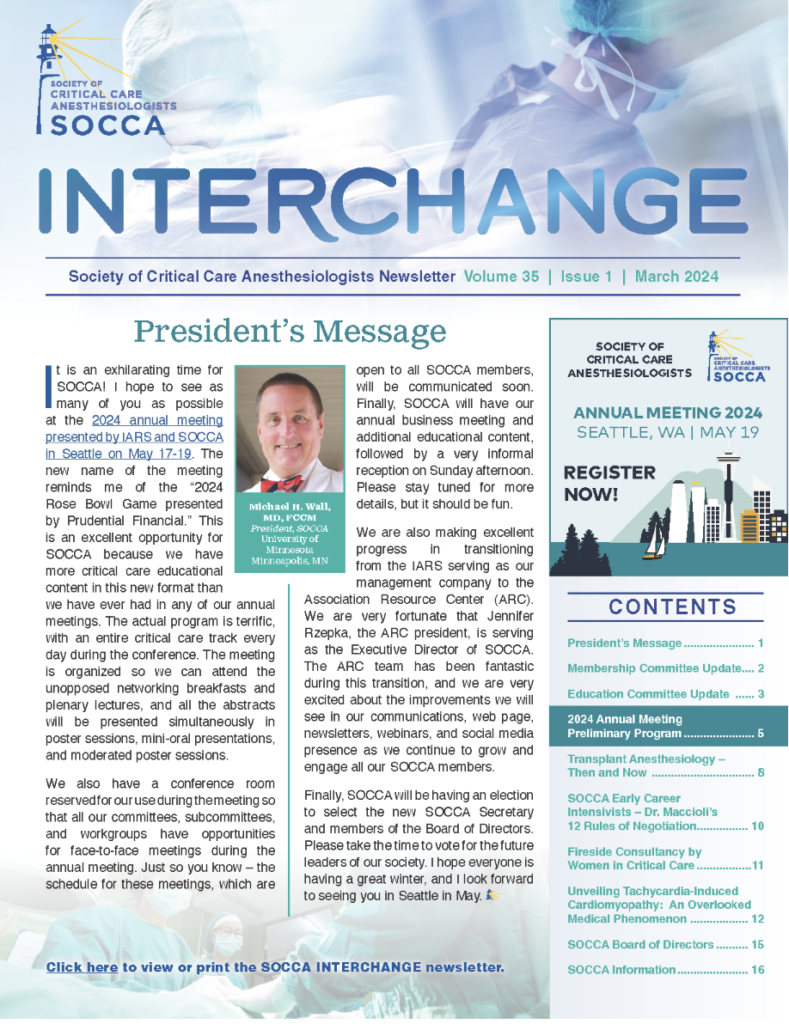Does Fluid Administration During Induction and Intubation Prevent Cardiovascular Collapse?
Russel DW, Casey JD, Gibbs KW, et al. Effect of Fluid Bolus Administration on Cardiovascular Collapse Among Critically Ill Patients Undergoing Tracheal Intubation. JAMA. 2022;328(3):270-279. doi:10.1001/jama.2022.9792
Nearly one in five patients suffers from cardiovascular collapse while undergoing intubation in the intensive care unit. This is defined as severe hypotension necessitating vasopressors, cardiac arrest, or death. The PREPARE II investigators sought to determine if the administration of a 500ml bolus of intravenous crystalloid solution prior to induction might prevent this collapse. The study was conducted at Vanderbilt University Medical Center in Tennessee, University of Alabama at Birmingham, Louisiana State University School of Medicine and Ochsner Medical Center in New Orleans, Lahey Hospital and Medical Center in Massachusetts, Hennepin County Medical Center in Minnesota, University of Mississippi Medical Center in Jackson, Wake Forest Baptist Medical Center in North Carolina, Oregon Health and Science University in Portland, University of Washington in Seattle, and Baylor Scott & White Medical Center in Texas.
Continue Reading…



































